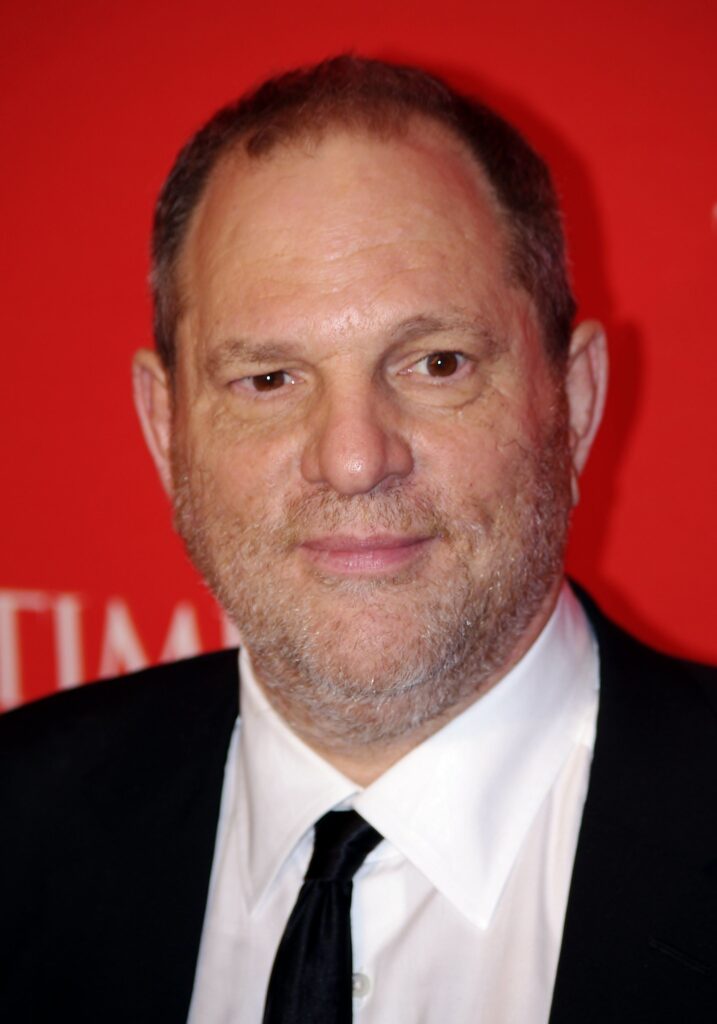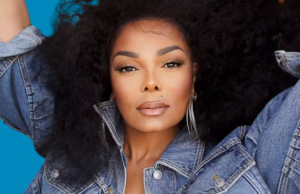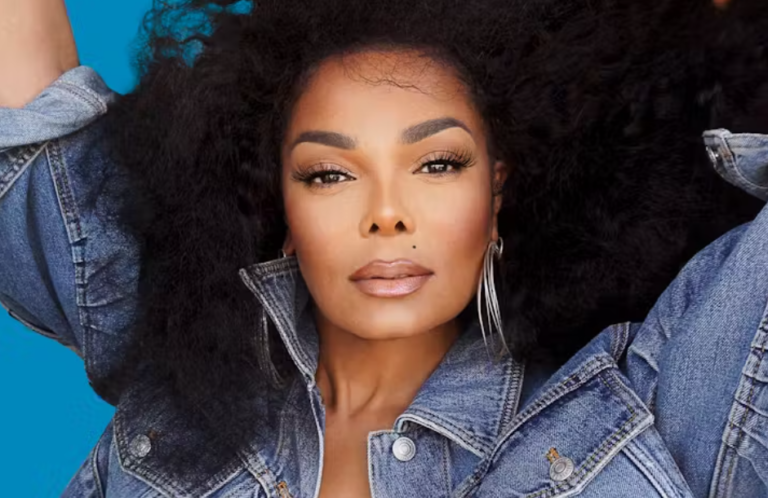Harvey Weinstein, a name once synonymous with Hollywood power and prestige, is now a cautionary tale. For decades, he was a titan of the film industry, wielding immense influence and responsible for bringing some of cinema’s most celebrated works to life. However, his legacy is forever tarnished by the horrific sexual misconduct allegations that surfaced in 2017, shattering his reputation and sparking a global movement against abuse of power.
Table of Contents

Early Hustle: From Queens to Concert Promoter
Born in 1952 in Flushing, Queens, New York, Harvey Weinstein’s journey began far from the red carpets and glittering award shows. Raised in a working-class Jewish family, his life lacked the glamour often associated with Hollywood figures. However, Weinstein displayed a keen business sense from a young age. He and his younger brother, Bob, partnered up to promote rock concerts at the State University of New York at Buffalo, where Harvey studied.
Miramax: The Rise of an Independent Powerhouse
After graduating, the Weinstein brothers set their sights on Hollywood. In 1979, they co-founded Miramax, a film distribution company named after their parents, Miriam and Max. Initially, Miramax focused on acquiring the rights to low-budget, independent films. Harvey, known for his aggressive negotiating tactics and keen eye for talent, proved to be a shrewd businessman. He championed unconventional stories and foreign cinema, giving a platform to directors like Quentin Tarantino and Jim Jarmusch.
Miramax’s early successes included films like “Sex, Lies, and Videotape” (1989), “The Crying Game” (1992), and “Pulp Fiction” (1994). These critically acclaimed movies garnered critical praise and independent spirit awards, establishing Miramax as a force to be reckoned with in the independent film scene.
The Academy Awards and Hollywood Stardom
The 1990s marked a golden age for Miramax. With a string of commercially and critically successful films under its belt, the company transitioned from edgy indie darling to a major player in Hollywood. Weinstein became a powerful figure, known for his ruthless negotiating tactics and ability to get results. He cultivated relationships with A-list actors and directors, securing their talent for Miramax productions.
This period saw Miramax produce a string of Oscar winners, including “Shakespeare in Love” (1998), “The English Patient” (1996), and “Chicago” (2002). Harvey Weinstein himself became a prominent figure in Hollywood, basking in the reflected glory of his company’s success. He was a frequent presence at award shows, wielding considerable influence over the industry.
The Weinstein Company and a Shift in Focus
In 2005, a rift emerged between the Weinstein brothers and Disney, which had acquired Miramax several years prior. The brothers left the company and formed The Weinstein Company, taking with them their reputation and a knack for picking award-worthy films.
The Weinstein Company continued to produce successful films like “The King’s Speech” (2010) and “Silver Linings Playbook” (2012). However, the focus seemed to shift towards more commercially viable projects, with less emphasis on the edgy, independent spirit that had defined Miramax’s early years.
A Crumbling Facade: The Sexual Misconduct Allegations
Throughout his career, rumors swirled around Harvey Weinstein’s aggressive and inappropriate behavior towards women. However, his power and influence kept these accusations largely under wraps. In October 2017, a bombshell exposé in The New York Times detailed a long history of sexual harassment and assault allegations against Weinstein. Actresses like Ashley Judd, Rose McGowan, and Gwyneth Paltrow came forward with their stories, igniting the #MeToo movement.
The allegations against Weinstein sparked a global reckoning. Women across industries shared their experiences of sexual harassment and assault, breaking the silence and holding powerful figures accountable. Weinstein was ostracized by Hollywood, expelled from the Academy of Motion Picture Arts and Sciences, and faced criminal charges in New York and California.
Trial, Conviction, and a Legacy Forever Tarnished Harvey Weinstein
In February 2020, Harvey Weinstein was convicted in New York on charges of criminal sexual assault and third-degree rape. He was sentenced to 23 years in prison. In 2022, he was extradited to California to face additional charges. While his legal saga continues, the damage to his reputation is irreversible.
Harvey Weinstein’s story is a complex one. He undoubtedly possessed a keen eye for talent and played a significant role in bringing acclaimed films to the public. However, his legacy is forever marred by the horrific acts he committed. The #MeToo movement he inadvertently ignited exposed a pervasive culture of abuse and forced a global conversation about consent and power dynamics. Weinstein’s fall from grace serves as a stark reminder that power and influence are no shields against accountability.
A Legacy Redefined: The Impact of #MeToo and Beyond
The #MeToo movement, ignited by the Weinstein allegations, had a profound impact on society. Women across industries felt empowered to speak out against sexual harassment and assault, leading to the downfall of powerful men and a shift in power dynamics. Companies implemented stricter policies to prevent and address misconduct, and conversations about consent and abuse of power became more prevalent.
However, the road to lasting change is long and arduous. The Weinstein case, along with others that followed, exposed the complexities of navigating legal systems and the challenges of achieving justice for victims. Many women who came forward faced online harassment and victim-blaming, highlighting the need for continued support and a cultural shift that prioritizes the safety and well-being of victims.
Hollywood’s Reckoning and Efforts at Reform
The Weinstein case forced Hollywood to confront its dark underbelly. Studios and production companies implemented stricter reporting procedures and anti-harassment training. Women’s voices were amplified in both storytelling and leadership roles. While progress has been made, Hollywood is still grappling with issues of sexism, representation, and power imbalances. Many advocates argue that systemic changes are needed to ensure a safe and equitable working environment for everyone.
Looking Ahead: A Call for Change
The story of Harvey Weinstein serves as a stark reminder of the abuse of power and the importance of speaking out against injustice. The #MeToo movement has sparked a necessary conversation, but the fight for equality and accountability is far from over. Continuing to empower victims, dismantle power structures that perpetuate abuse, and fostering a culture of respect are crucial steps towards creating a safer and more equitable future.
Beyond Weinstein: A Look at the Films
While Harvey Weinstein’s legacy is forever tainted, it’s important to acknowledge the artistic merit of the films produced by Miramax and The Weinstein Company. Many talented actors, directors, and writers benefitted from Weinstein’s financial backing and marketing muscle. These films continue to be celebrated for their artistic contribution to cinema, though often with a bittersweet acknowledgement of the circumstances surrounding their creation.
The story of Harvey Weinstein is a cautionary tale, a complex web of power, ambition, and ultimately, downfall. It serves as a reminder of the importance of holding powerful figures accountable and the ongoing fight for equality and justice.









+ There are no comments
Add yours